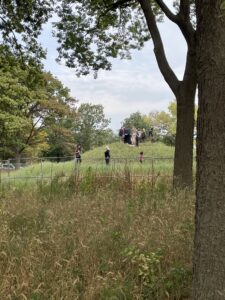
An Interview with X
An interview with santiago x Native architect X talks about building earthworks, placemaking, and post-humanity The ultimatum through these envisionings, more than anything, is the
Here you’ll find the Indigenous Mississippi Site’s full archive to date. Below is a compilation of the stories, essays, photo archives, and interviews completed for this project.

An interview with santiago x Native architect X talks about building earthworks, placemaking, and post-humanity The ultimatum through these envisionings, more than anything, is the
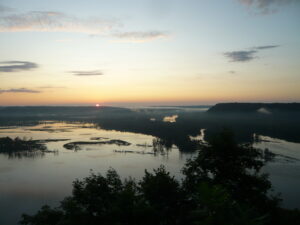
Proximal Braveries Margaret Pearce and Kelly Wisecup interview each otherabout compilation, cartography, and the Mississippi River I seek a world where the Mississippi is once
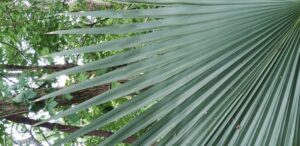
An interview withJeffery Darensbourg I think Indigenous science should be studied more. We did not live in wilderness before colonization, but in areas in which
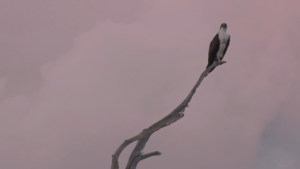
An interview withMonique Verdin Water is Life, the Mississippi River is our life force, decisions made up and down and upstream should consider the generations
An interview withsarah sense I want to see the Chitimacha with more land. I want to see New Orleans recognize Chitimacha as the original people
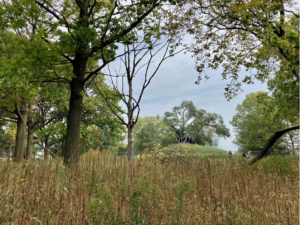
Contributions from the “Indigenous Art and Activism in Changing Climates” Project Contributions from the “Indigenous Art and Activism in Changing Climates” Project This article is
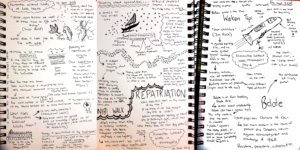
Three Infographic Reflections Three Infographic Reflections This is a continuation of the observations made by participants in the Humanities without Walls grant: “Indigenous Art and Activism
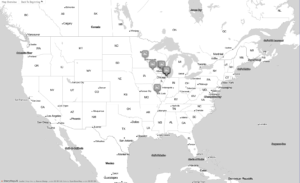
I have a memory. It swims deep in blood, a delta in the skin. It swims out of Oklahoma, deep the Mississippi River . .
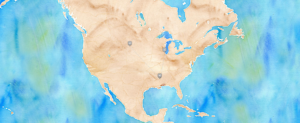
Moving through Indigenous spatiality during this journey along the Mississippi has shifted my perception or assumption that the Mississippi is one hierarchical moving body of
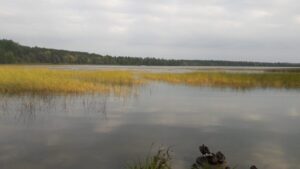
Effective collaboration in the context of this project is something that I think we need to continually negotiate and must center primarily on relationships—accounting for
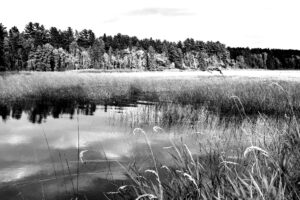
I left with a much better understanding of the Dakota and Ojibwe history and present and the importance of the spaces we visited to Indigenous
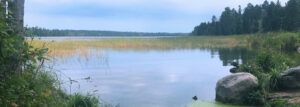
Táku uŋkákupi kta ke? Táku mní kiŋ aku kta he? … What will we bring when we come back here? What will the water bring